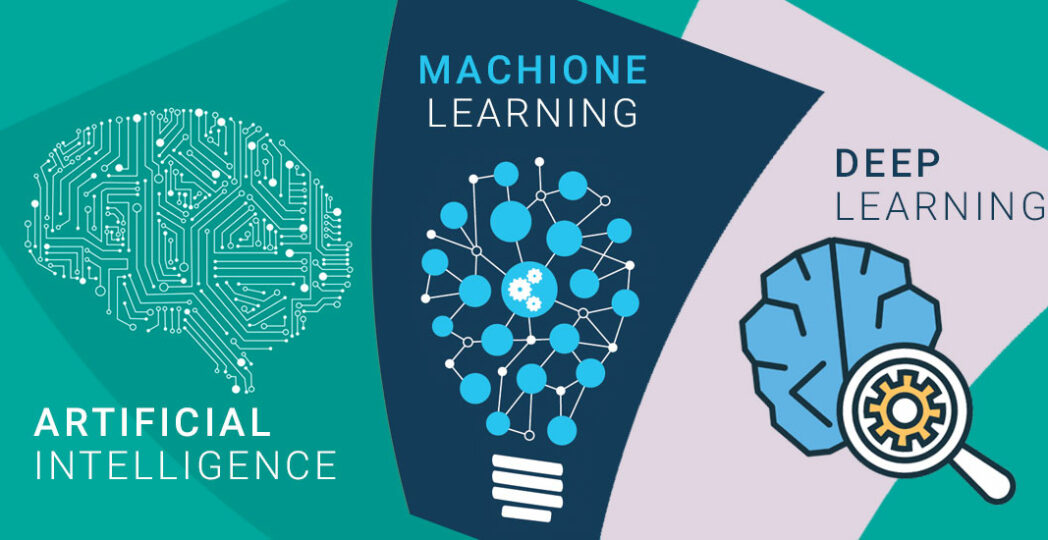Artificial Intelligence (AI) is no longer just a buzzword; it’s a transformative force reshaping industries and everyday life. For those curious about diving into the world of AI, this guide will provide essential insights, resources, and steps to kickstart your learning journey.
Understanding the Basics
Before you plunge into the complexities of AI, it’s crucial to grasp the foundational concepts:
- What is AI? At its core, AI refers to machines designed to mimic human cognitive functions. This includes problem-solving, learning, and adaptation.
- Types of AI: Familiarize yourself with the two main categories: Narrow AI (specialized in one task, like voice assistants) and General AI (theoretical machines that could perform any intellectual task a human can do).
Key Concepts to Explore
- Machine Learning (ML): A subset of AI where algorithms learn from data. Start by understanding supervised, unsupervised, and reinforcement learning.
- Neural Networks: Inspired by the human brain, these systems are crucial for tasks like image and speech recognition.
- Natural Language Processing (NLP): This field focuses on the interaction between computers and human language, enabling machines to understand and generate text.
Getting Started with Learning AI
Online Courses:
- Coursera & edX: Platforms like these offer courses from top universities, often free or at a low cost. Look for introductory courses on AI and ML.
- Fast.ai: Known for its practical approach, Fast.ai offers courses aimed at making AI accessible to all, regardless of prior experience.
Books:
- “Artificial Intelligence: A Guide to Intelligent Systems” by Michael Negnevitsky offers a solid foundation in AI concepts.
- “Hands-On Machine Learning with Scikit-Learn, Keras, and TensorFlow” by Aurélien Géron is great for practical applications.
YouTube Channels:
- 3Blue1Brown: Known for its visually intuitive explanations of complex mathematical concepts, including neural networks.
- Sentdex: Offers tutorials on Python programming, machine learning, and data science.
Community and Forums:
- Join AI-focused communities on platforms like Reddit, Stack Overflow, or LinkedIn. Engaging with others can enhance your learning experience and provide support.
Practical Experience
Learning AI is not just theoretical. Hands-on practice is essential:
- Kaggle: Participate in competitions and projects to apply what you’ve learned and improve your skills.
- GitHub: Explore repositories related to AI projects, contribute, and learn from others’ code.
Staying Updated
AI is a rapidly evolving field. Follow blogs, podcasts, and newsletters to keep abreast of the latest advancements. Notable mentions include:
- Towards Data Science (Medium)
- The AI Alignment Podcast
- The Batch by Andrew Ng
Conclusion
Embarking on your AI learning journey can be both exciting and overwhelming. Start with the basics, leverage diverse resources, and engage with the community. Remember, persistence is key. With dedication and curiosity, you’ll unlock the fascinating world of AI, paving the way for future opportunities in this dynamic field.





